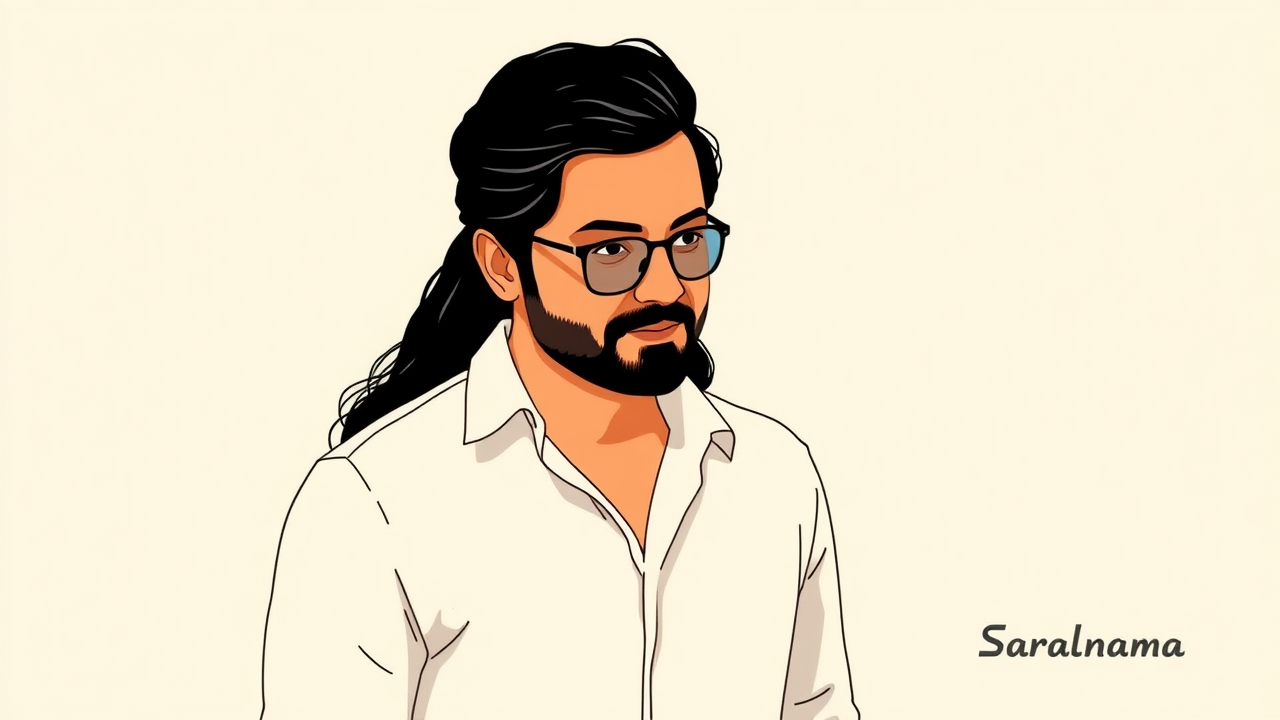The film draws inspiration from the landmark Shah Bano case and addresses sensitive issues like triple talaq, secular versus personal law, and the pursuit of justice. Shazia, an uneducated housewife, marries successful lawyer Abbas Khan. Their happy marriage deteriorates when Abbas brings home a second wife. Shazia leaves with her children, but when Abbas stops sending maintenance and divorces her through triple talaq, she begins a legal battle for her rights. The movie avoids religious polarization and maintains a balanced perspective throughout. Yami Gautam Dhar delivers a measured performance as Shazia, capturing her pain and determination convincingly. Emraan Hashmi sheds his usual screen image to portray the calculating Abbas effectively. While the first half maintains steady pacing with subtle storytelling, the second half follows the familiar courtroom drama template. Despite feeling crammed at times, the film succeeds as a conversation starter on women's rights, supported by strong performances.

Performances Carry the Narrative Forward
Yami Gautam Dhar delivers a consistent portrayal of Shazia, knowing exactly when to intensify her emotions. Her stunned reaction asking her husband about his second marriage stands out as particularly affecting. She channels Shah Bano's pain and helplessness with conviction, though courtroom scenes occasionally veer into melodrama. Emraan Hashmi transforms into the calculating Abbas, shedding his earlier screen persona to embody a man who appears calm but remains coldly pragmatic. Their believable chemistry makes the relationship's collapse more impactful. Vartika Singh plays Abbas's second wife Saira with understated grace, while Danish Husain provides solid support as Shazia's father. Sheeba Chadha as Shazia's Hindu lawyer reinforces the film's balanced approach, steering clear of religious demonization.
Source: Link
